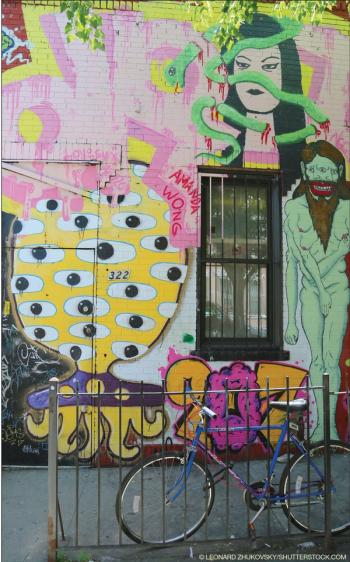
Special Reports have long been a mainstay feature of the monthly Psychiatric Times issues, but this two-part report on cultural competence and diversity is unique in both style and content.

Special Reports have long been a mainstay feature of the monthly Psychiatric Times issues, but this two-part report on cultural competence and diversity is unique in both style and content.
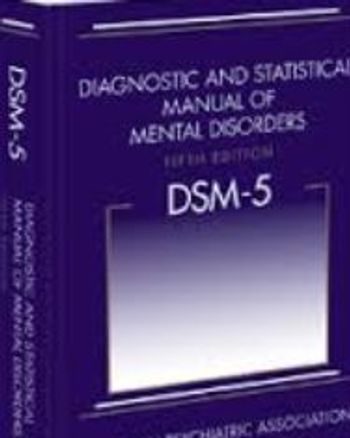
This evidence-based tool is composed of a series of questionnaires that assist clinicians in making person-centered cultural assessments to inform diagnosis and treatment planning.

The authors share a model for psychiatrists interested in collaborating with traditional healing and medicine.

Improving religious competence among clinicians is vital if everyday psychiatric care is to become truly person-centered.
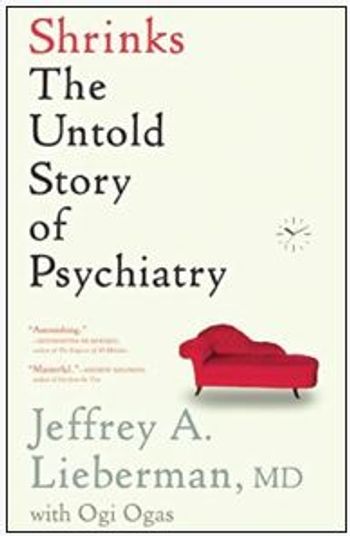
The author of this book tells the story of the evolution of psychiatry from a place of skepticism and distain to its more recent emergence as a modern neuroscience.
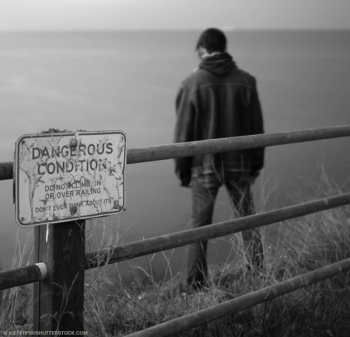
Several recent publications are informative to clinicians on the topic of suicide in children and adolescents. Some of the most salient findings are reviewed here.

Renal failure is not an uncommon disorder either in the general public or in patients with psychiatric disorders, but accompanying depression, anxiety, and loss must be attended to during such an illness.

We are a long way from understanding the complex neural basis for behaviors such as mentalization. But, we can mentally imagine the scientific pursuit of questions, one after another, that might get us to that goal.
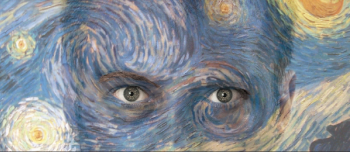
It is clear that unless things change radically in the coming decades, psychiatry-like other branches of medicine-will have to accommodate itself to the effects of disruptions to existing ecosystems.

Many of us are seeing patients who have been prescribed potentially addicting medication by another physician, and our level of vigilance needs to be high.

How to frame a novel transactional model for attending to both patient and physician character styles and provide strategies for identifying and managing these interactions.

A new study shows that rates of severe mental illness in youths have dropped substantially since 1996. What might study results portend for psychiatric practice?
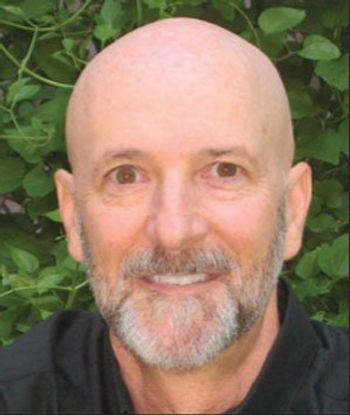
Sometimes when proposing a treatment plan, I flash to an image of my patient seated beside me on this orchard bench watching orioles court in May’s sharp sunlight...

Physicians recognize many features of schizophrenia, but one neglected area is the common symptom of a poor self-other boundary-in fact, this has also been neglected as a criterion for the DSM.

There is a myth circulating in the blogosphere-usually among the most extreme critics of our profession-that there exists some monolithic entity called “Psychiatry” (with a capital “P”).

A beautifully detailed algorithm for treatment options in bipolar disorder is described.

There is no worse death than a hospital death. This requires preparation and preparation requires recognizing that dying is a necessary, and indeed desirable, part of life.

To determine a treatment plan, psychiatrists may consider the social and cultural context before they attempt to formulate an assessment and diagnosis of depression or another psychiatric disorder. The Cultural Formulation gives us the tools to do just that.

Many older adults experience loneliness, profound psychosocial changes, and loss. Screening, recognition, and treatment of mood disorders in late life significantly decrease morbidity associated with many problems encountered by the elderly.
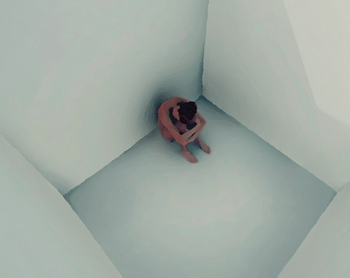
Findings on mood disorders, and the disability associated with it, speak to the need for effective treatments for depression.

Multiple perspectives are required to fully understand a concept. This seems to be the growing consensus with the schizophrenia spectrum disorders.

So many had stared at John Nash, for different reasons, at different times. Now that his own stare is frozen in time, the challenge is to understand the meaning of the stares that he had received during his life.